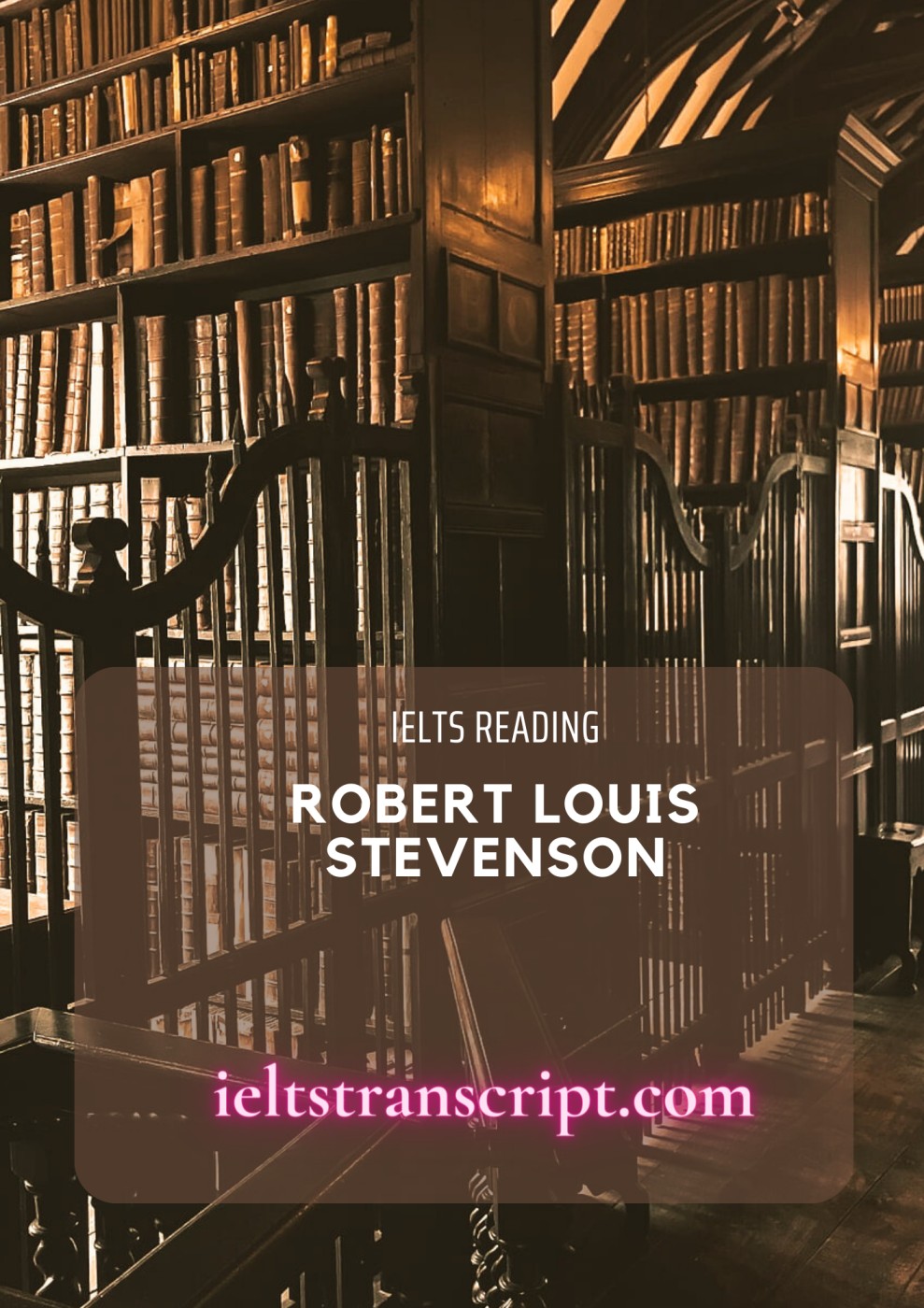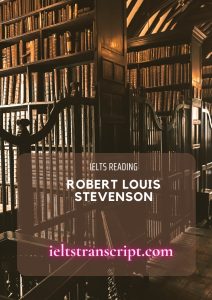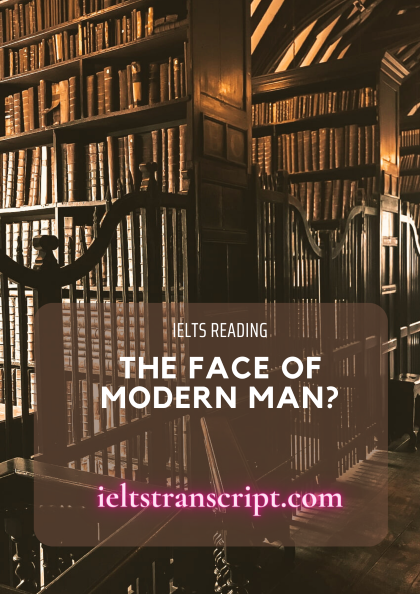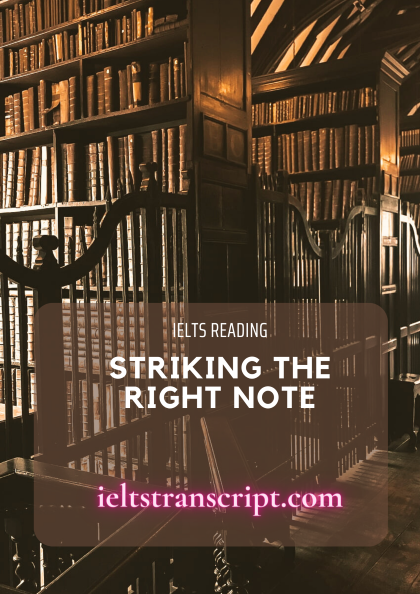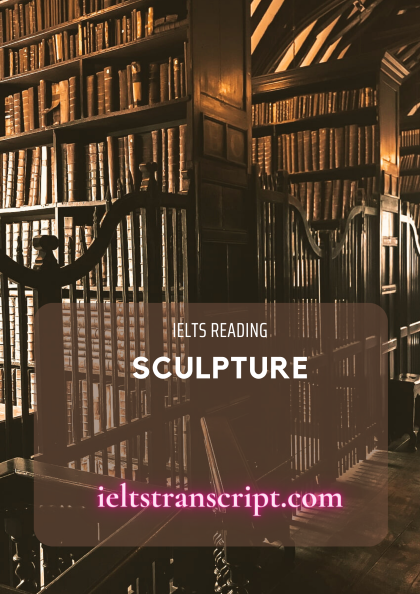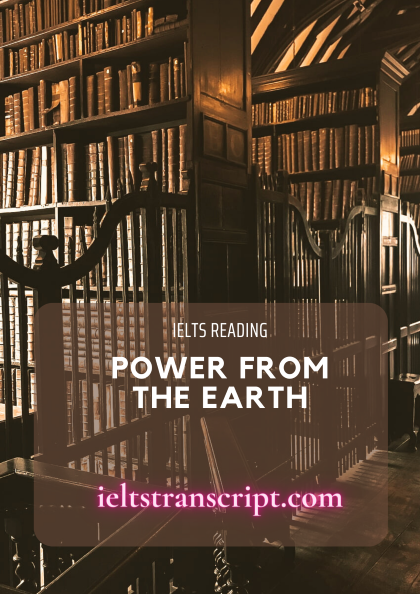- Đối với sản phẩm có giá: Sau khi chúng tôi ghi nhận thông tin đã thanh toán sản phẩm của bạn, sản phẩm sẽ được mở khóa và bạn có thể xem trực tiếp và tải tài liệu sản phẩm.
- Đối với thành viên trả phí: Bạn có thể mua và thanh toán sản phẩm với giá 0đ để tải tài liệu sản phẩm.
- Bạn có thể liên hệ với chúng tôi để được hỗ trợ mở khóa sản phẩm sớm nhất.
Robert Louis Stevenson
- Chúng tôi chấp nhận các phương thức thanh toán sau đây: Thẻ tín dụng, thẻ ghi nợ, PayPal, chuyển khoản ngân hàng và tiền mặt.
Chúng tôi sẽ không thu thêm phí cho bất kỳ hình thức thanh toán nào.
- Nếu bạn gặp vấn đề về sản phẩm của chúng tôi trong thời gian sử dụng, vui lòng liên hệ với chúng tôi để được hỗ trợ xử lý sớm nhất nhé.
Xem trước mẫu
Robert Louis Stevenson
A Scottish novelist, poet, essa yist, and travel writer, Robert Louis Stevenson was born at 8 Howard Place, Edinburgh, Scotland, on 13 November 1850. It has been more than 100 years since his death. Stevenson was a writer who caused conflicting opinions about his works. On one hand, he was often highly praised for his expert prose and style by many English-language critics. On the other hand, others criticised the religious themes in his works, often misunderstanding Stevenson’s own religious beliefs. Since his death a century before, critics and biographers have disagreed on the legacy of Stevenson’s writing. Two biographers, KF and CP, wrote a biography about Stevenson with a clear focus. They chose not to criticise aspects of Stevenson’s personal life. Instead, they focused on his writing, and gave high praise to his writing style and skill.
The literary pendulum has swung these days. Different critics have different opinions towards Robert Louis Stevenson’s works. Though today, Stevenson is one of the most translated authors in the world, his works have sustained a wide variety of negative criticism throughout his life. It was like a complete reversal of polarity—from highly positive to slightly less positive to clearly negative; after being highly praised as a great writer, he became an example of an author with corrupt ethics and lack of moral. Many literary critics passed his works off as children’s stories or horror stories, and thought to have little social value in an educational setting. Stevenson’s works were often excluded from literature curriculum because of its controversial nature. These debates remain, and many critics still assert that despite his skill, his literary works still lack moral value.
One of the main reasons why Stevenson’s literary works attracted so much criticism was due to the genre of his writing. Stevenson mainly wrote adventure stories, which was part of a popular and entertaining writing fad at the time. Many of us believe adventure stories are exciting, offers engaging characters, action, and mystery but ultimately can’t teach moral principles. The plot points are one-dimensional and rarely offer a deeper moral meaning, instead focusing on exciting and shocking plot twists and thrilling events. His works were even criticised by fellow authors. Though Stevenson’s works have deeply influenced Oscar Wilde, Wilde often joked that Stevenson would have written better works if he wasn’t born in Scotland. Other authors came to Stevenson’s defence, including Galsworthy who claimed that Stevenson is a greater writer than Thomas Hardy.
Despite Wilde’s criticism, Stevenson’s Scottish identity was an integral part of his written works. Although Stevenson’s works were not popular in Scotland when he was alive, many modern Scottish literary critics claim that Sir Walter Scott and Robert Louis Stevenson are the most influential writers in the history of Scotland. While many critics exalt Sir Walter Scott as a literary genius because of his technical ability, others argue that Stevenson deserves the same recognition for his natural ability to capture stories and characters in words. Many of Scott’s works were taken more seriously as literature for their depth due to their tragic themes, but fans of Stevenson praise his unique style of story-telling and capture of human nature. Stevenson’s works, unlike other British authors, captured the unique day to day life of average Scottish people. Many literary critics point to this as a flaw of his works. According to the critics, truly important literature should transcend local culture and stories. However, many critics praise the local taste of his literature. To this day, Stevenson’s works provide valuable insight to life in Scotland during the 19th century.
Despite much debate of Stevenson’s writing topics, his writing was not the only source of attention for critics. Stevenson’s personal life often attracted a lot of attention from
...Để xem được đầy đủ nội dung và tải dữ liệu, bạn phải trở thành thành viên của chúng tôi và trả phí cho tài liệu (nếu có)
